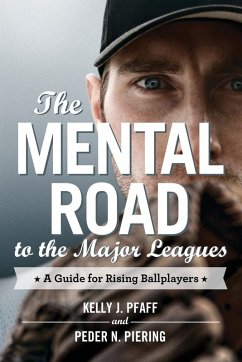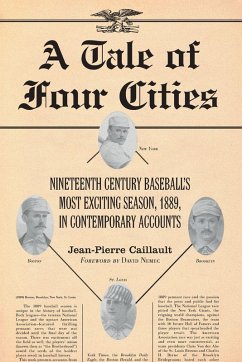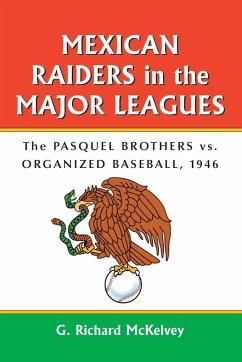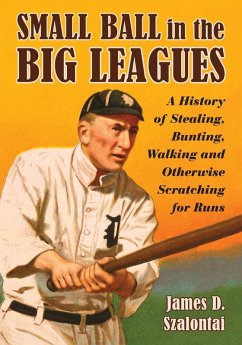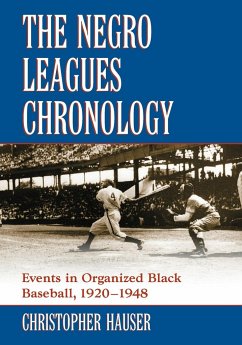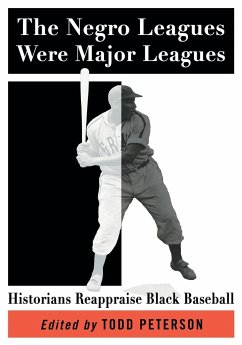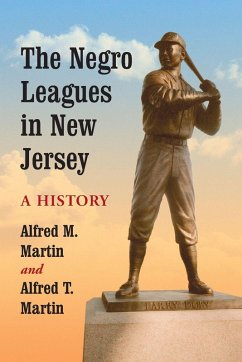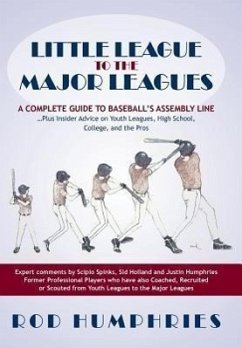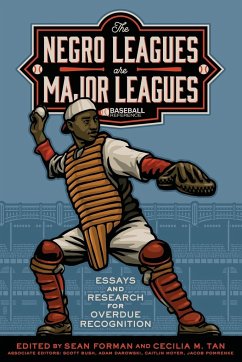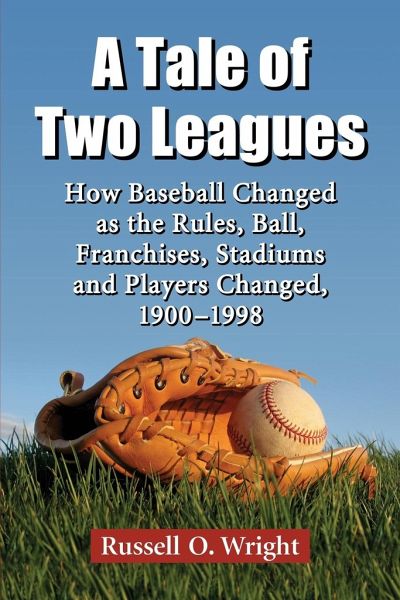
A Tale of Two Leagues
How Baseball Changed as the Rules, Ball, Franchises, Stadiums and Players Changed, 1900-1998
Versandkostenfrei!
Versandfertig in 1-2 Wochen
34,99 €
inkl. MwSt.

PAYBACK Punkte
17 °P sammeln!
With the advent of interleague play and the realignment resulting from both the Milwaukee Brewers' jump from the American League to the National League and the creation of Central divisions, many baseball fans cried foul, claiming that their beloved game was being governed by infidels who cared nothing for tradition. These exasperated purists complained that realignment would mean the loss of existing rivalries, that interleague play would cheapen the thrill of the World Series, and that each move would contribute to the loss of statistical continuity. But change, even radical change, is nothi...
With the advent of interleague play and the realignment resulting from both the Milwaukee Brewers' jump from the American League to the National League and the creation of Central divisions, many baseball fans cried foul, claiming that their beloved game was being governed by infidels who cared nothing for tradition. These exasperated purists complained that realignment would mean the loss of existing rivalries, that interleague play would cheapen the thrill of the World Series, and that each move would contribute to the loss of statistical continuity. But change, even radical change, is nothing new to baseball. Arguing that self-alteration is perhaps the national pastime's truest tradition, this book shows that it is customary for management to change not only the rules, but the ball, the franchises, and the stadiums. The author considers the key rule changes, franchise moves, ball modifications, and variations in the player pool, and traces the effects each of these had on the game's statistics.




